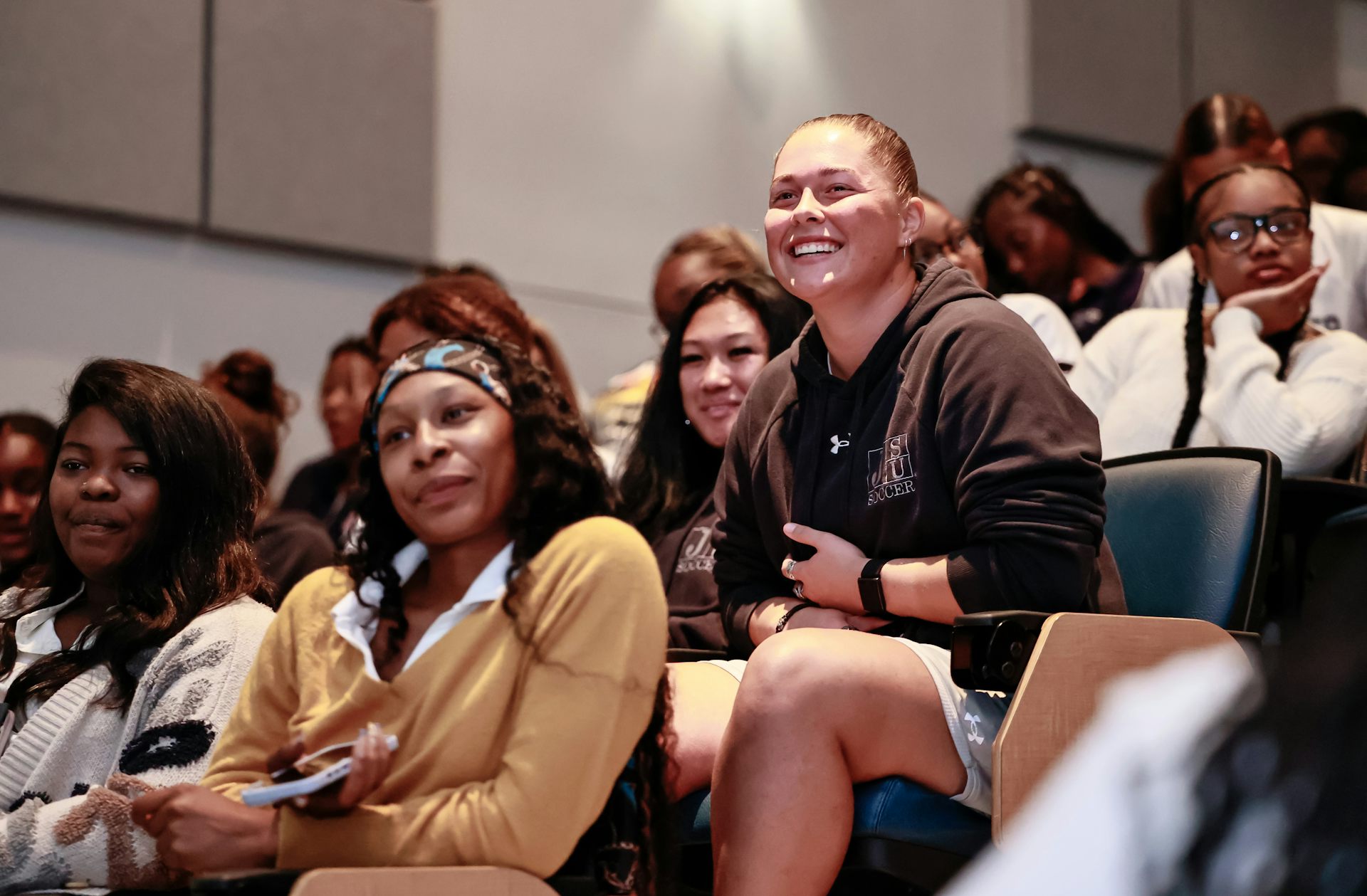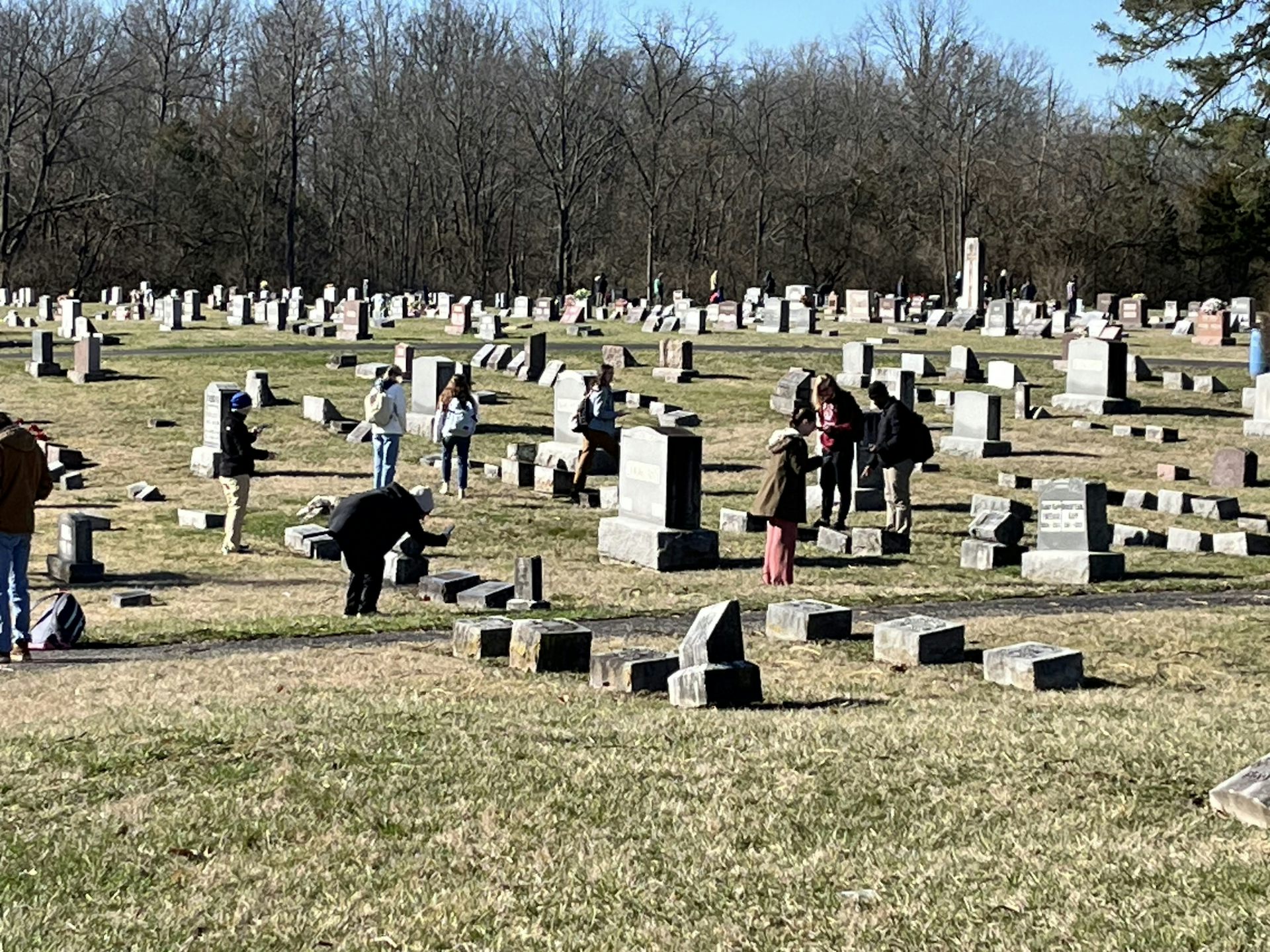Turkey and the PKK have made historic moves toward peace – now begins the hard diplomatic work
The PKK has been fighting the Turkish state for more than 40 years. Whether peace can take root will depend on each side’s commitment to a credible peace process.
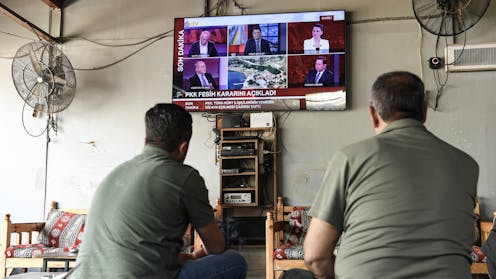
Turkey’s peace process is advancing. In August 2025, three months after the Kurdistan Workers’ Party – commonly known as the PKK – announced its formal disbandment, a Turkish parliamentary committee overseeing reforms as part of the process met. It followed a symbolic disarmament ceremony in northern Iraq, during which Kurdish militants publicly burned weapons.
Turkish President Recep Tayyip Erdoğan has hailed the peace moves as a new page in the country’s history. He may not be wrong. The Kurdish insurgency has, after all, raged for decades and presented an ongoing security and human rights concern. But as potentially momentous as these developments are, public opinion in Turkey remains far from optimistic about the chances of lasting peace, particularly given numerous failures over the years. A Research İstanbul survey from early August revealed that just 39% of respondents believe the process will prove successful, with 48% expecting it to fail. The most common reason for this pessimism was fear that the PKK itself might sabotage the process.
Such perceptions matter greatly, as without broad public trust and a sense of ownership, it’s difficult for a peace process to endure.
As a scholar of peace and conflict studies who has examined post-conflict transitions in places from Northern Ireland to Bosnia-Herzegovina and Colombia, I believe that Turkey now faces its most credible opportunity for a durable peace. Yet the central question remains: Will both the PKK and Erdoğan’s government sustain their commitment when the process inevitably encounters setbacks, or will history repeat itself with another collapse into mistrust and violence?
Why the odds look better this time
The conflict between the Turkish state and the PKK has been one of the most protracted and violent struggles in the world. It has claimed over 40,000 lives — soldiers, insurgents and civilians alike — and displaced countless families, particularly in Turkey’s southeast where a majority of Turkish Kurds reside. Beyond the humanitarian toll, the war has left lasting scars on the fabric of Turkish society, deepening mistrust between Kurdish communities and the state, polarizing politics and shaping the country’s security and foreign policy priorities.
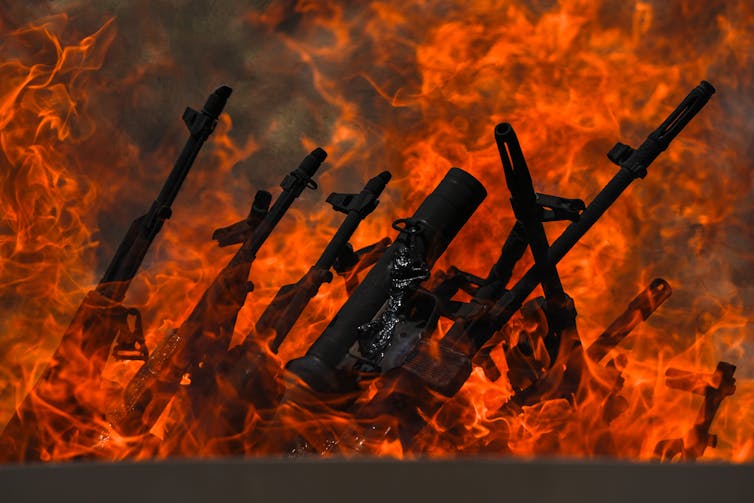
The PKK, which first took up arms in 1984, launched its campaign in the name of Kurdish autonomy and cultural rights and confronted a state that, at the time, denied even the recognition of Kurdish identity. Turkey’s response has been a mixture of heavy-handed military campaigns and sporadic, often short-lived, openings to dialogue.
In his early years as prime minister, Erdoğan broke with the traditional secular military establishment by taking a more conciliatory approach to the Kurdish question. He expanded cultural rights, lifted restrictions on Kurdish-language broadcasting and even acknowledged past state repression. The 2013–2015 “solution process,” launched under Erdoğan’s leadership with the declared aim of ending the armed conflict and integrating Kurds more fully into Turkish political life, was a serious attempt at peace. Yet it later collapsed amid deep mistrust, mutual recriminations and renewed violence.
The political environment today, however, while fragile and uncertain, carries elements that distinguish it from past attempts. Perhaps most surprising has been the endorsement of the latest process by the far-right Nationalist Movement Party, or MHP, Erdoğan’s coalition partner and long one of the staunchest opponents of any concessions to Kurdish aspirations. The MHP’s backing provides a measure of political cover to the ruling government that no previous effort enjoyed.
At the same time, Erdoğan’s own trajectory complicates the picture. Despite his earlier reformist approach, Erdoğan’s governance has, over time, become increasingly centralized and, in the eyes of critics, authoritarian. That shift often left little room for compromise on issues of identity and rights. Some observers argue that his renewed embrace of negotiations today reflects a calculation that, with firmer control over state institutions and the backing of the far-right MHP, he can pursue peace without appearing politically vulnerable. Others see it less as a change of conviction than as a response to shifting circumstances, both domestic and regional, that have made engagement with Kurdish groups a strategic necessity.
On the PKK’s side, the renewed embrace of negotiations reflects both attrition and recalculation. After decades of armed struggle that yielded diminishing popular support, steady battlefield losses and few tangible political gains, the movement faced a narrowing horizon for armed insurgency. Turning to peace is, for many within its leadership, less a sudden conversion than a recognition that the military path had reached a dead end.
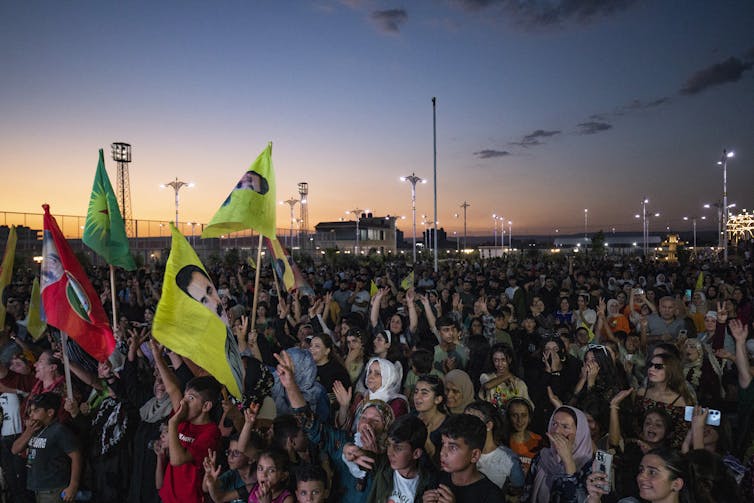
Risks that could derail the process
Despite a promising environment for peace, the hardest work isn’t over. While PKK disarmament marks a watershed moment, history and global experience suggest that peace is often most fragile at precisely the stage when a formal diplomatic process begins.
Most immediately, the reform question looms large. The PKK’s legitimacy in shifting from militancy to politics will hinge not just on disarmament, but on whether the Turkish government follows through with visible reforms. Those include recognition of Kurdish cultural and linguistic rights, meaningful political participation and effective reintegration for ex-combatants.
Colombia’s experience with the rebel group FARC is instructive. Sustainable peace required the implementation of social and political reforms, rural development programs and comprehensive reintegration efforts to prevent former fighters from drifting back into violence. Yet Colombia also shows the risks of delay. When reforms lagged, frustration grew and parts of the process stalled, threatening the durability of peace.
Regional dynamics could also quickly upset the fragile progress. Turkey’s ongoing security concerns in Syria and Iraq complicate its domestic peace calculus. Turkey has already pressed the Kurdish-led Syrian Democratic Forces, seen as closely linked to the PKK, to fall in line with the peace process — not only by recognizing the PKK’s disbandment but also by aligning themselves with Turkey’s broader regional security policies, including in northern Syria. Some analysts have warned that escalating cross-border tensions could embolden hard-liners on all sides.
Finally, history shows that cohesion within an armed movement that has embraced diplomacy cannot be taken for granted. In Northern Ireland, dissident IRA groups launched attacks even after the Good Friday Agreement was concluded in 1998, which formally ended the Troubles.
The lesson from other peace processes is sobering. Peace is rarely immediate, rarely absolute and often marred by spoilers. The decisive factor will be whether the mainstream leadership of Turkey and the PKK remain firmly committed to a political path, even when fringe actors inevitably defect or unforeseen circumstances arise.
Turkey’s road ahead
While the ceasefire marks an extraordinary opening, its survival depends on more than the absence of gunfire. For the PKK to remain invested in politics, I believe four conditions are widely viewed as essential.
Perhaps most importantly, reforms must be tangible. Confidence in the peace process will quickly erode without clear action from Turkey in the form of democratization and a credible commitment to respecting Kurdish cultural, political and economic rights.
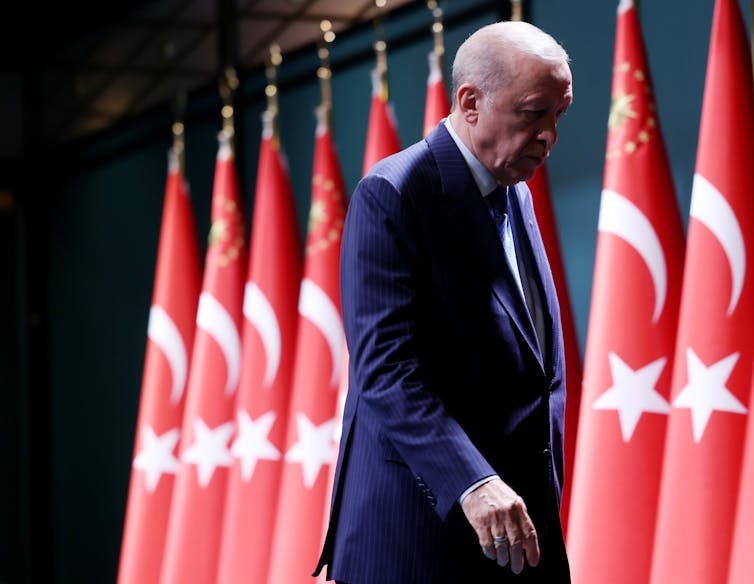
Additionally, a settlement negotiated solely between the state and the PKK risks alienating those most affected by decades of violence. Victims’ associations, civil society groups and opposition parties will need to be part of the conversation if reconciliation is to take root across society.
Regionally, there are all kinds of potential spoilers that the diplomatic process must contend with. Kurdish movements in Iraq and Syria share ties with the PKK, and their actions can either reinforce or destabilize peace inside Turkey. Constructive engagement with these actors by Turkey, rather than confrontation, will be critical in preventing spillover tensions that could unravel progress.
Finally, transparency and oversight will matter. Both domestic mechanisms and international monitoring can provide accountability, build public trust and deter spoilers. Just as importantly, strong oversight can help mitigate the profound power imbalances that often undermine peace processes.
In Turkey, the state clearly holds overwhelming institutional, legal and security advantages over Kurdish forces. Without mechanisms that level the playing field, promises of reform may be perceived as hollow.
When the Oslo Accords failed to address asymmetries between Israelis and Palestinians, mistrust deepened and the process unraveled. By contrast, in Northern Ireland, more balanced oversight structures, including joint institutions and international guarantors, gave weaker parties a meaningful stake in compliance and implementation.
Turkey now stands at a historic crossroads. If the Turkish government and the PKK can stay the course, and if Turkish society embraces the promise of reform and reconciliation, this moment could mark the long-awaited turning point toward a durable peace.
Alpaslan Ozerdem does not work for, consult, own shares in or receive funding from any company or organization that would benefit from this article, and has disclosed no relevant affiliations beyond their academic appointment.
Read These Next
Historically Black colleges and universities do more than offer Black youths a pathway to opportunit
HBCUs make up just 3% of the country’s colleges and universities. But their graduates include 40%…
How a 22-year-old George Washington learned how to lead, from a series of mistakes in the Pennsylvan
Washington’s fundamental character as a military leader was forged in the Ohio River Valley, where…
Mapping cemeteries for class – how students used phones and drones to help a city count its headston
Cemeteries are a treasure trove of local history and family connection. Technology and ingenuity have…


